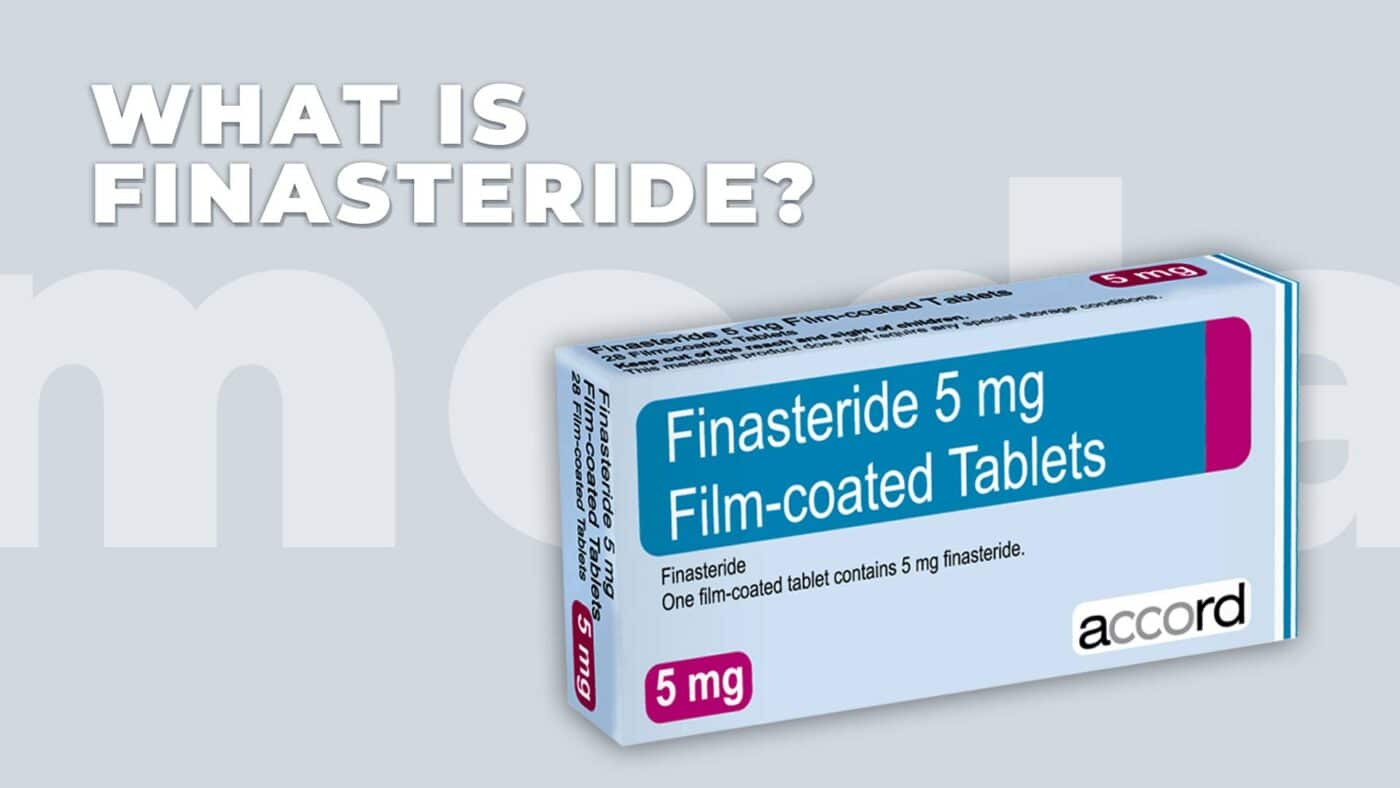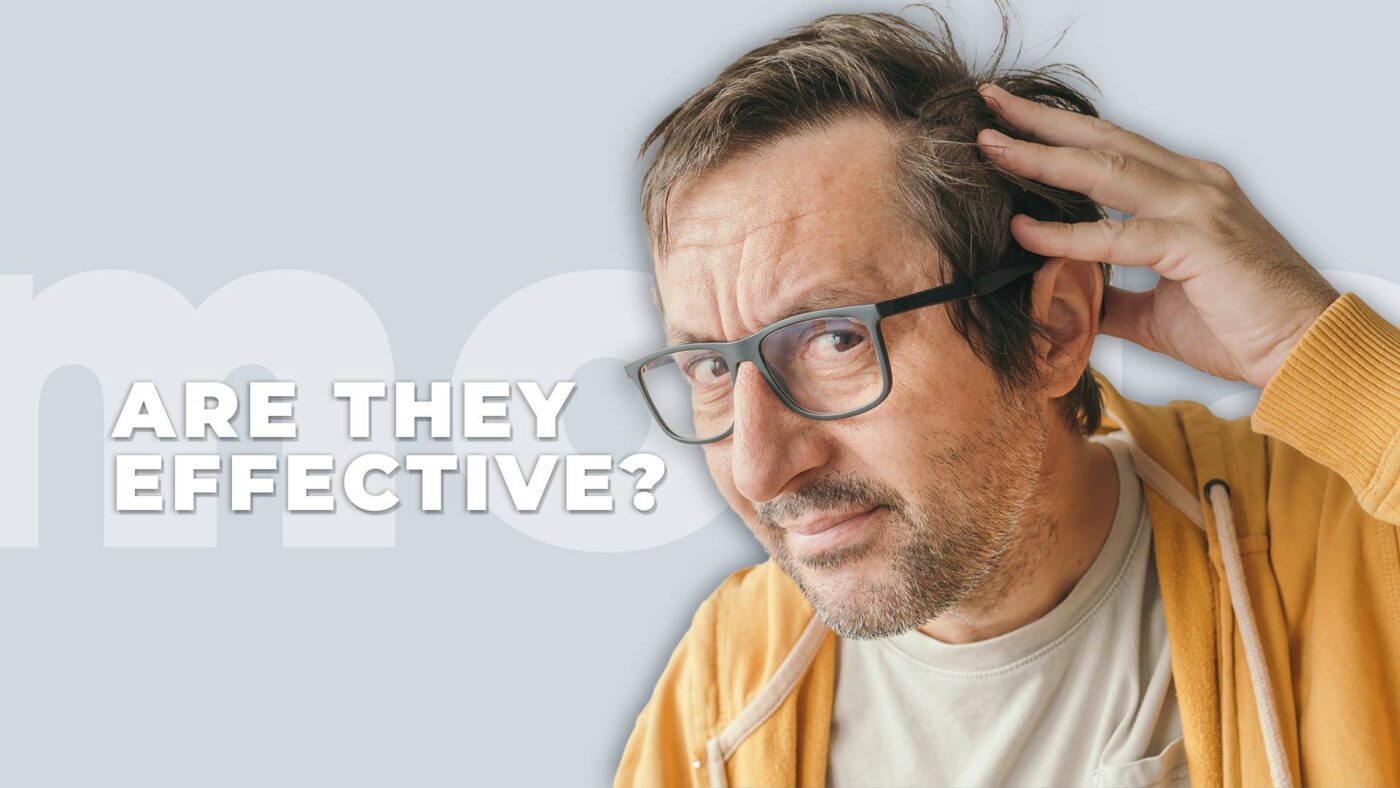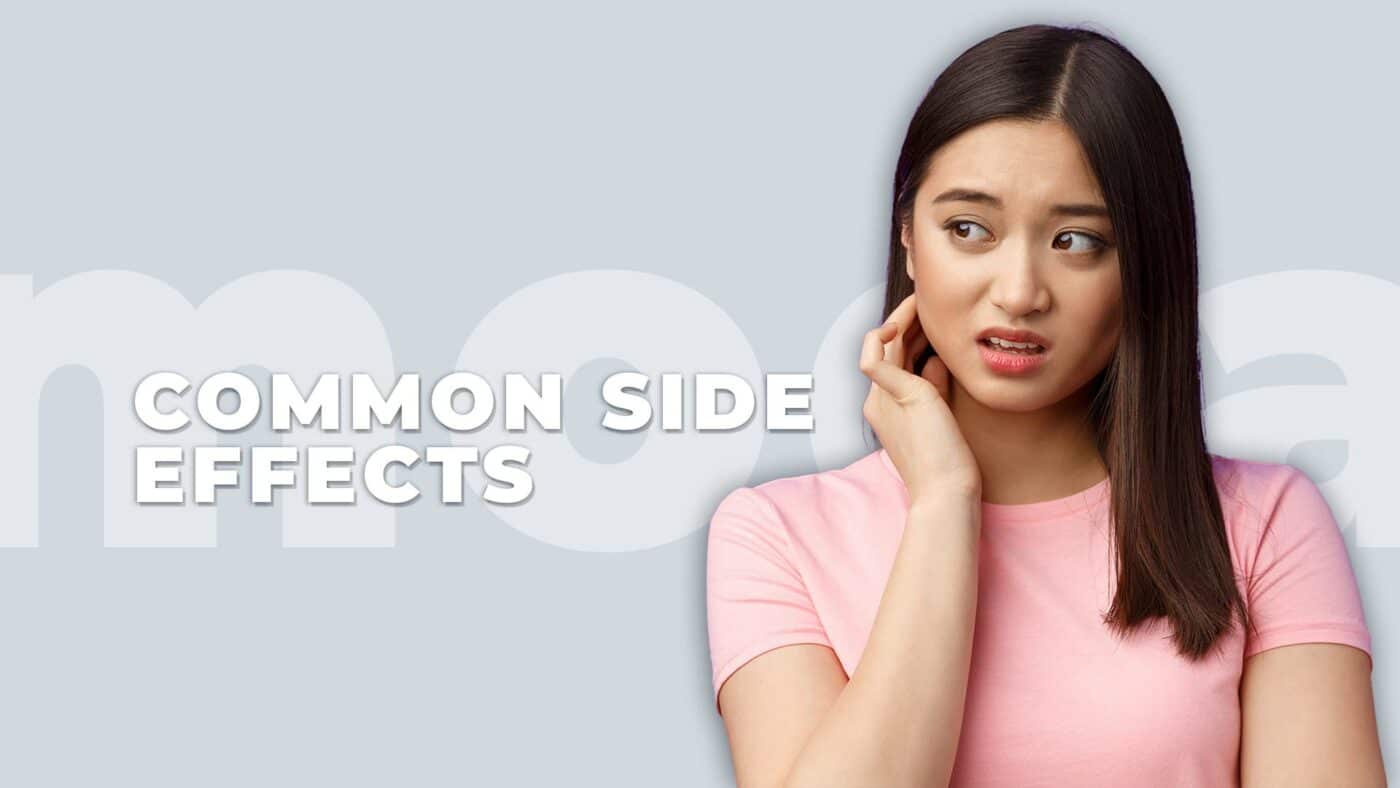Minoxidil OR Finasteride: Which Is Your Best Bet for Banishing Baldness?

If you’re suffering from hair loss, you’re probably familiar with medications called Minoxidil and Finasteride. These medications are widely popular and aid hair growth, but do they really work? Are they effective? We will end all your queries regarding Minoxidil or Finasteride. Here we compare the medicines, talk about their effectiveness and compare results.
Table of Contents
What is Minoxidil?
Minoxidil is an FDA-approved drug used to stimulate hair growth among men and women suffering from baldness and alopecia. It is also used to treat the symptoms of severe or refractory hypertension. Minoxidil belongs to a class of drugs called Vasodilators. Hair loss is a growing concern among men and women, this can have a huge impact on self-esteem. Minoxidil is a popular hair-growth remedy plan. Minoxidil works by strengthening hair follicles rather than helping you grow new hair. It works on treating the hair you still have and strengthening it.
How does it work?
Minoxidil is an effective way of encouraging hair growth. It works by dilating blood vessels in the scalp, which strengthens the hair follicles and stimulates hair growth. It aids the growth by relaxing the blood vessels and increasing blood flow to certain areas. It also provides enough blood and oxygen to your hair follicles, helping them grow stronger. Minoxidil focuses on vasodilation.
Vasodilation is the process of widening your blood vessels. By expanding the blood vessels near your scalp, it helps the follicles grow bigger in size to feed the growth. This makes your hair grow thicker in size, giving you a fuller look. You may start seeing the results after a few months (at least 3-6 months). This is not a permanent solution for hair loss. You will experience hair loss if you stop the medication abruptly.
How to take Minoxidil?
You can use Minoxidil by following these steps
- Get Minoxidil with a concentration of 3% or more.
- Clean and pat dry the area where you wish to apply the solution or foam.
- If you are using a solution, use 1 ml or approx. 20 drops and apply the solution evenly to the affected area
- If you are using foam, use half a capful and rub gently on the affected area. Leave it for four hours, then wash and rinse.
- Repeat this twice a day
What is Finasteride?

Finasteride is a popular drug to treat hair loss and symptoms of benign prostatic hyperplasia among men. Finasteride contains Finasteride as its active ingredient. Finasteride belongs to a class of medications called type II 5-alpha reductase inhibitors.
How does it work?
Finasteride obstructs the working of an enzyme (DHT) and reduces its level, responsible for hair thinning and aggravating the prostate. It strengthens the hair follicles, giving you a fuller, natural look. This is necessary to change testosterone into another hormone (DHT) that aids the prostate in growing and promotes hair thinning. This process slows down the process of hair loss and shrinks the prostate. It also helps in relieving the symptoms of BPH and supports hair growth.
How to use Finasteride?
Finasteride comes in tablet form; it should be taken orally once a day. You can take it with or without food. Take this as a whole in dose and duration instructed by your doctor. Do not crush or cut the tablet. For optimum results, it is best to have a fixed time to take the medication. Follow the instructions on the box carefully to avoid any risk of side effects or as advised by your doctor.
Minoxidil v/s Finasteride: The difference
The mechanism of working in both medications is very different. Minoxidil is a topical available in solution and foam, while Finasteride comes in tablet form. Although both medications work towards hair growth and strengthening, the biggest difference is in the dosage and working. Minoxidil is externally used, while Finasteride works from the primary source. Minoxidil is used on the scalp, which promotes hair growth, and Finasteride is ingested and works through your body.
Are they effective?

Yes, they are. Both medications have scientific evidence backing their efficacy rate. Efficacy of Minoxidil in enhancing hair growth is promising. Research conducted in 2016 by the Journal of Dermatology showed Minoxidil performed better than a placebo. It showed growth in hair count. A study from Germany showed improvement in balding men with no signs of worsening. Many users reported a positive response, stating that Minoxidil helps in strengthening hair.
Finasteride is shown to have a positive impact after a few months, even with a small dose of 1 mg. A study by the Journal of the American Academy of Dermatology showed a 15% improvement in hair growth after two years of use. Around twelve studies conducted revealed it improved hair appearance in users. Long-term use (five years) showed a decrease in visible hair loss. The efficacy of hair loss in women still needs to be studied.
Are they suitable for everyone?
Minoxidil and Finasteride are generally safe for everyone above 18 years to use. But we recommend consulting your doctor first if you have any of these conditions
- People with sensitive skin or a skin condition
- Women, especially pregnant or breastfeeding women should not use either of these medications unless advised by a doctor
- People suffering from high blood pressure
- People with organ damage
- People under the age of 18
- Children
It is always safe to do a patch test first to check for any allergies or irregularities.
Minoxidil Dosage VS Finasteride Dosage
Dosing is different for different patients. Here we give you the information of a standard dose. Do not change your dosage without your doctor’s order. Minoxidil is available in foam and a solution. Pick the one that suits you the best. Consult your doctor for your appropriate dose.
- Minoxidil solution: One ml of the solution twice a day
- Minoxidil foam: Half a capful of the foam twice a day
Finasteride comes in tablet form. Various generic medicines are available, consult your doctor for the best option. If you are taking Finasteride to treat male pattern baldness or alopecia, take a tablet once a day around the same time. You will see the improvement after 3 months as hair growth happens gradually. But if you do not see any improvement after 12 months, consult with your doctor for alternative options.
Common side effects

Minoxidil and Finasteride are well-tolerated and have enough research to prove their safety. However, both have some potential side effects that could affect your health. Most of them occur as your body adapts to these medications, however, if they persist for more than two days, contact your doctor. Stick to the recommended dose on the label or as advised by your doctor to reduce the risk of side effects. Here are a few common side effects
- Burning, itching, rash
- Decreased libido
- Breast enlargement or tenderness
- Erectile dysfunction
- Initial hair loss
Minoxidil Marvels OR Finasteride Fix- Which is the Ultimate Weapon?
Minoxidil and finasteride, although used for the same cause, work differently. One works at the topical level, while the other works from the primary source to prevent hair fall. Since finasteride works from the primary source by stopping DHT production, most doctors would suggest finasteride as the first course of treatment before minoxidil.
You can start seeing visible results after 8-10 weeks after you start using minoxidil, after four months, you can expect to see a decrease in hair loss and fuller, natural hair growth.
Finasteride showed results after a few months(4-6 months), continued use of finasteride for two years showed visible hair growth, little further hair loss, and overall improvement in hair growth.
For better results, doctors might also recommend you to add these two drugs together to your hair care routine. It showed significantly better, visible results after 12 months of use in men rather than those who just used either of these two.
Hair Today, Here to Stay: Minoxidil and Finasteride’s Power Duo!
When used separately to treat hair loss, Minoxidil and Finasteride are both secure and reliable drugs, and their combination is as secure. Many studies into the possible advantages of combining the two have shown some encouraging findings.
A 2015 study indicated that using finasteride and minoxidil combined on a regular basis helps to maintain a healthy level of hair density. This study was published in the Indian Dermatology Online Journal. Instead of the more widely used oral finasteride tablets, this trial used a topical form of the drug. 94.1% of males who used finasteride and minoxidil concurrently demonstrated improvements after 12 months of treatment, compared to 80.5% of Finasteride users and 59% of Minoxidil users.
Finasteride and Minoxidil cure pattern hair loss by different mechanisms, i.e, Minoxidil by pushing hairs into the anagen phase of the growth cycle and boosting local blood flow, and Finasteride by lowering DHT levels throughout the body. Minoxidil and finasteride don’t interact with each other, but it is important to check for potential drug interactions before starting any type of hair loss medication. Before starting either medication, let your healthcare provider know about any medications you currently use or have recently used, as well as any dietary supplements that you take.
Alternatives
If you are still facing hair loss, it is time to look for other alternatives that might suit you best. Here are a few options you could discuss with your doctor
- Vitamins and supplements
If you are facing hair loss due to nutritional deficiencies, it is time to turn to vitamins and supplements. When you lack certain vitamins and nutrients that help in hair growth, your hair becomes susceptible to breakage. These vitamins and supplements help in hair restoration by providing your body with the necessary nutrients for hair growth, thus strengthening your hair follicles.
- Acupuncture
Acupuncture has been used as a medical therapy for hair loss for years. Acupuncture targets specific points in your body that stimulate hair follicles and encourage hair growth. However, these claims are not backed up by research in treating male or female pattern baldness.
- Micro-needling
Micro-needling is similar to acupuncture. It is a cosmetic treatment that includes a device with hundreds of tiny needles. It is believed to induce stem cells in the hair follicles that promote hair growth. When paired with medications like minoxidil or finasteride, it has shown significant results. Micro-needling helps absorb these medications quicker, making them more effective.
- Hair transplant
A hair transplant might be the last resort to get rid of hair loss. It is an effective and permanent solution for hair thinning and hair loss. This is a safe surgery and could last between 4-6 hours. Hair transplant surgery gives a natural look, unlike hair plugs. Consult your dermatologist to come up with strategies for hair treatment after the transplant.
References
- Suchonwanit P, Thammarucha S, Leerunyakul K. Minoxidil and its use in hair disorders: a review. Drug Des Devel Ther. 2019 Aug 9;13:2777-2786. doi: 10.2147/DDDT.S214907. Erratum in: Drug Des Devel Ther. 2020 Feb 10;14:575. PMID: 31496654; PMCID: PMC6691938.https://www.ncbi.nlm.nih.gov/pmc/articles/PMC6691938/
- Chandrashekar BS, Nandhini T, Vasanth V, Sriram R, Navale S. Topical minoxidil fortified with finasteride: An account of maintenance of hair density after replacing oral finasteride. Indian Dermatol Online J. 2015 Jan-Feb;6(1):17-20. doi: 10.4103/2229-5178.148925. PMID: 25657911; PMCID: PMC4314881.https://www.ncbi.nlm.nih.gov/pmc/articles/PMC4314881/
- Finasteride (no date) NHS choices. NHS. https://www.nhs.uk/medicines/finasteride/
- Hair loss – types of alopecia & causes of thinning hair (no date) WebMD. WebMD. https://www.webmd.com/connect-to-care/hair-loss/choosing-between-finasteride-and-minoxidil
Disclaimer
HisBlue is not a substitute for professional medical care or advice from your doctor. The health information on the HisBlue website is general and provided for your information only. We have ensured our content is accurate and current, with reviews by expert doctors. However, we cannot guarantee its accuracy or timeliness. This information is not meant to replace the diagnosis, treatment, or judgement of your doctor or another qualified healthcare provider.


